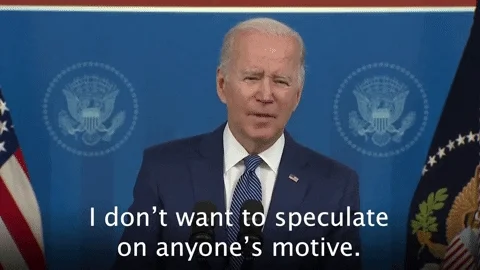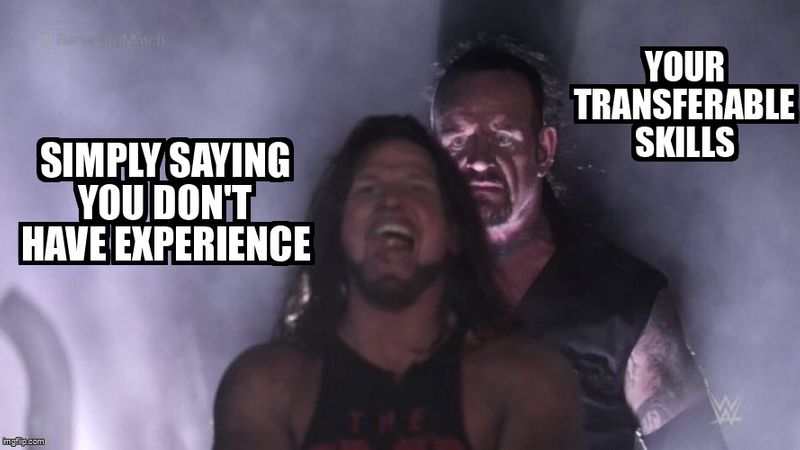
This logo isn't an ad or affiliate link. It's an organization that shares in our mission, and empowered the authors to share their insights in Byte form.
Rumie vets Bytes for compliance with our
Standards.
The organization is responsible for the completeness and reliability of the content.
Learn more
about how Rumie works with partners.
Ever been in a job interview and felt stuck when they asked about volunteering?
Maybe you've done some volunteer work before, but now you're wondering, "Is this even relevant?" 🤔 Or perhaps volunteering hasn’t been in your plans at all!

Either way, don’t sweat it! Turn that "uh-oh" moment into an "I've got this" moment. 👍
What’s the motive behind this question?

You might think, “Why do they even want to learn about my volunteering experience?”
Well, because they want to know if you care about helping others and if you've learned any useful skills from volunteering. This will help the employer understand if you'd be a good fit for their team and if you share similar values.
How to answer?
Say you have some volunteering experience.
What’s the best way to answer?

Keep it real: Always tell the truth and be yourself.
Focus on relevant skills: Talk about the skills you've gained and how they can help in the job.
Share positive experiences: Highlight any positive outcomes or personal growth from your volunteer work.
A good answer is like...
Yes, I volunteered at the local animal shelter. I learned how to work on a team and improved my communication skills by interacting with different people and helping animals find homes.
Why is it good? 👍
Shows skills: It mentions teamwork and communication, which are important in many jobs.
Positive experience: It talks about helping animals, which shows kindness and responsibility.

I volunteered at a food bank where I helped sort and distribute food to families in need. It taught me the importance of community and gave me a sense of fulfillment knowing I was making a difference.
Why is it good? 👍
Community involvement: It highlights the importance of helping the community, which can be appealing to employers.
Personal growth: It mentions feeling fulfilled and making a difference, indicating personal growth and a positive attitude.

A bad answer is like...
I volunteered at a charity event, but I don't think I really learned anything useful from it.
Why is it bad? 👎
Negative perception: Saying you didn't learn anything makes it seem like you didn't value the experience.
Missed opportunity: Even if you feel the experience wasn't particularly useful, focusing on what you did learn or how you contributed would present a more positive and proactive image.

Did you know?
If your volunteer work experience doesn't directly match the job you're interviewing for, you can use it to showcase your soft skills that are valuable for the role. Soft skills reflect aspects of your character such as honesty, adaptability, and empathy.
No experience? No problem!
Don’t have any volunteering experience? Don’t worry. You can still rock this question! 💪
Check out these answers:
I haven't done a lot of volunteering, but working on team projects at my past jobs taught me how to work well with others and lead a group.
I haven't volunteered at a formal place, but I've participated in a social club, where I got to work with others and help out with different projects.
What makes them good answers?
Show transferable skills: Both answers mention skills like teamwork and leadership, which are useful in many jobs.

Highlight relevant experience: They prove you have experience working with others and contributing to projects.
Positive attitude: Both answers focus on what you've done and what you've learned, rather than what you haven't done.
Make a connection: By relating past experiences to the potential work, these answers indicate you can apply what you've learned in new settings.
Quiz
What do you think about this answer: "I don't have any volunteer experience because I've been solely focused on my career." Select all that apply:
This answer may give the impression that you haven't been involved in anything outside of work and it could be seen as a lack of interest in personal development. It misses the chance to talk about any relevant past experiences or skills.
Take Action

This Byte has been authored by
Sinem Başaran
Digital Learning Designer
BA